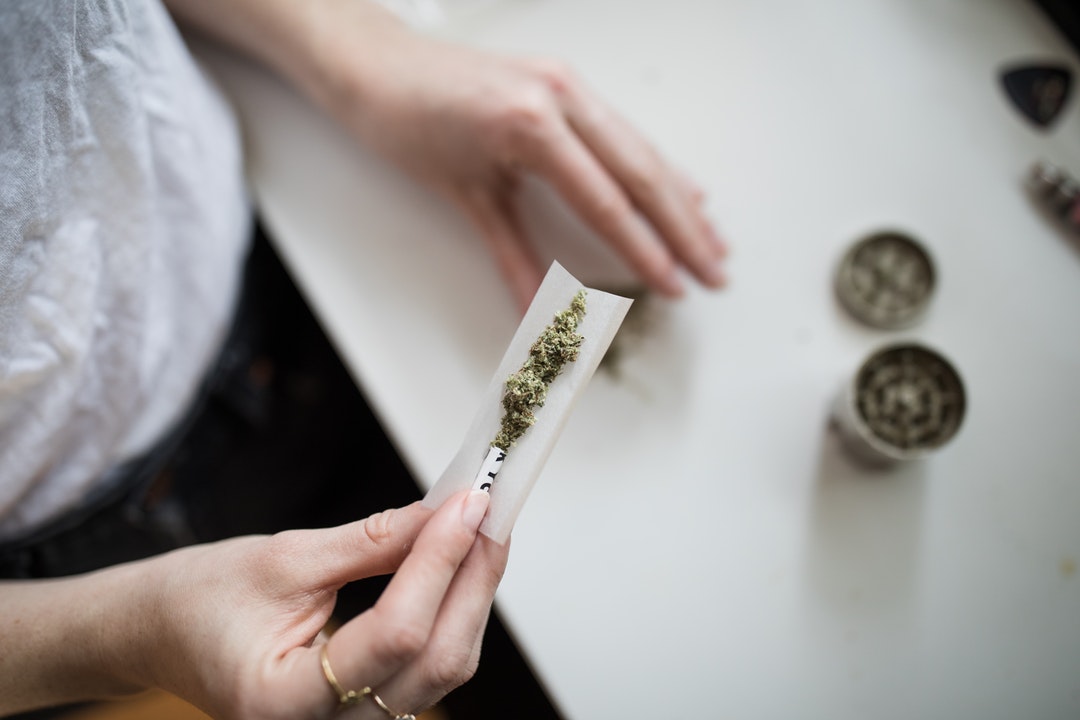Marijuana legalization is not only about making pot legal to smoke. It is also about reforming the criminal justice system, establishing racial justice, improving accountability, and reinvesting in the community.
Sounds ambitious? Perhaps, but that is what the Marijuana Justice Act is aiming for. If you heard about the Marijuana Justice Act and want more information, you have come to the right place.
Here’s everything you need to know about why this law is so important.
What is the Marijuana Justice Act?
In its core, the Marijuana Justice act is a bill that aims to end prohibition with a focus on racial justice. It refocuses marijuana legalization in a reformation of criminal justice to alleviate the harm done by marijuana laws on some communities.
The Act aims to create the conditions for a “fair and equitable legalization process” by acknowledging the problem certain racially diverse and low-income communities face because of federal prohibition.
What Will The Marijuana Justice Act Change?
In simple terms, The Marijuana Justice Act aims to legalize marijuana at the federal level. This means that marijuana and all cannabis products would no longer classify as controlled substances.
Under the Act, there would be no restrictions to obtain and trade marijuana. It would pave the way to international marijuana commerce and research.
However, the Marijuana Justice Act aims higher. Senator Cory Booker (NJ) who introduced the bill in 2017 aims to use it as a means to reverse the damage and repair the communities that were devastated by the war on drugs.
The Marijuana Justice Act bill itself outlines several key goals, explaining the weight of having disproportionate arrest and incarceration rates for marijuana users who have not committed any other legal offense in their lives.
The bill explains that the percentage of minority individuals arrested for marijuana use is significantly larger than non-minority individuals. In simple terms, marijuana prohibition is racially biased and punishes people from minority communities.
To combat this injustice, the bill aims to reduce federal funding for prison construction and staffing, and right the Nation’s stance towards marijuana.
Specifically, the Marijuana Justice Act would:
- Remove marijuana from the controlled substances list
- End the federal prohibition of marijuana
- Cut law and enforcement and prison funding in states with disproportionate marijuana-related arrests
- Allow organizations to sue states for disproportionate marijuana-related arrests
- Prevent deportation for minor marijuana offenses
- Create new means to deal with expungement and resentencing for marijuana-related offenses
The Act also aims to create a $500 million “Community Reinvestment Fund”. This fund will help repair the damage of prohibition laws to minority communities and bring about restorative justice for people who suffered because of these laws.
A Brief History of the Act
Senator Cory Booker brought the bill to the Senate on August 1, 2017. On January 18, 2018, Representative Barbara Lee introduced the bill to the House of Representatives. Both introductions came with an impressive list of cosponsors, strengthening the bill.
However, since the first introduction to the Senate over a year ago, little has moved forward. While the bill hasn’t gained enough traction yet, proponents aim for 2020 and the next presidential campaign.
Big Democratic Party names such as Bernie Sanders may leverage the bill in their political platforms. With numerous democrats as cosponsors of the bill, the chances of it moving forward in the future just got higher after the 2018 United States elections.
The bill itself is short and to the point. If you are interested in the finer details of marijuana legalization should read it once. You also find more info about the background and history of the Marijuana Justice Act online.
How Will the Act Affect Marijuana Businesses and Pot Users?
The most obvious change will be the legalization. With no federal prohibition of marijuana, the possibility of nationwide legalization will become more likely than ever. People would be able to purchase marijuana and cannabis-related products legally.
Existing offenders of marijuana-related crimes might be eligible for a reduction of their sentence or a resentencing given the new legal framework.
The Act will also transform the legal marijuana industry. The legal marijuana market is growing rapidly and is expected to reach $146.4 billion by 2025. The Marijuana Justice Act will further speed up that growth, giving incentive to countless companies to invest in this exploding market.
The potential for growth and profit is immense as marijuana is both a recreational drug and a substance with numerous medical applications.
Right now, there are significant legal risks involved with legal marijuana as different states have different laws and the stigma from the war on drugs is still there. Removing marijuana from the controlled substances list will remove many of the obstacles, allowing entrepreneurs to invest safely in marijuana.
Finally, the Marijuana Justice Act will replace currently illicit activities with legal business transactions. This will strengthen the economy and drive growth on a social and cultural, as well as an economic level. This is the aim of the restorative justice that lies at the core of the Marijuana Justice Act.
Looking for Natural and Legal Ways to Get High?
You have come to the right place! Thanks to the Marijuana Justice Act, pot is about to become legal in more states than ever, so check out our blog and get ready to fly!
In addition to all the legal ways to get high with marijuana, we explore some of the most natural ways to get high without breaking any laws or your bank.
If you have any creative ideas or know of more exciting and safe ways to get high, feel free to share your thoughts with us in the comments.









